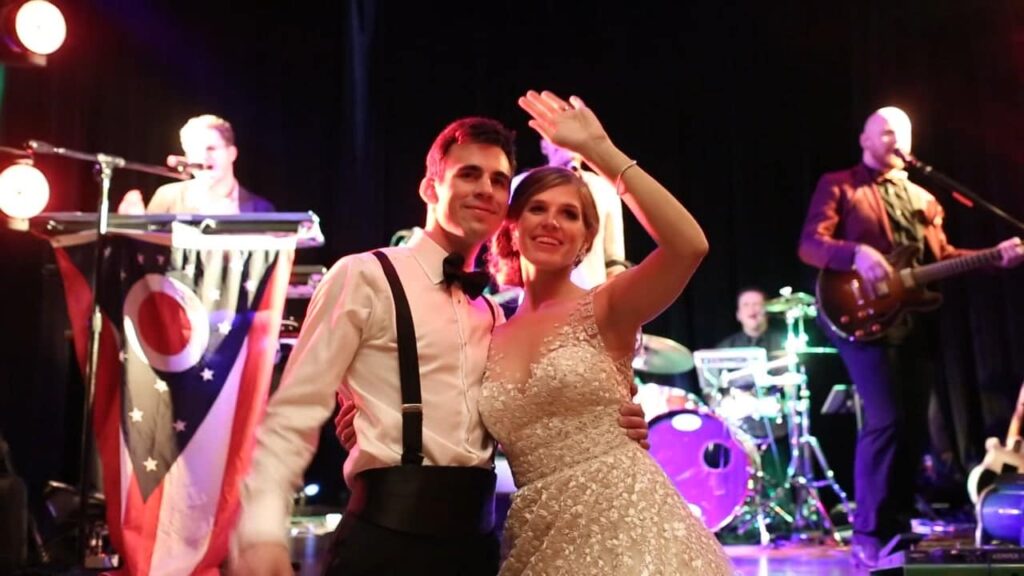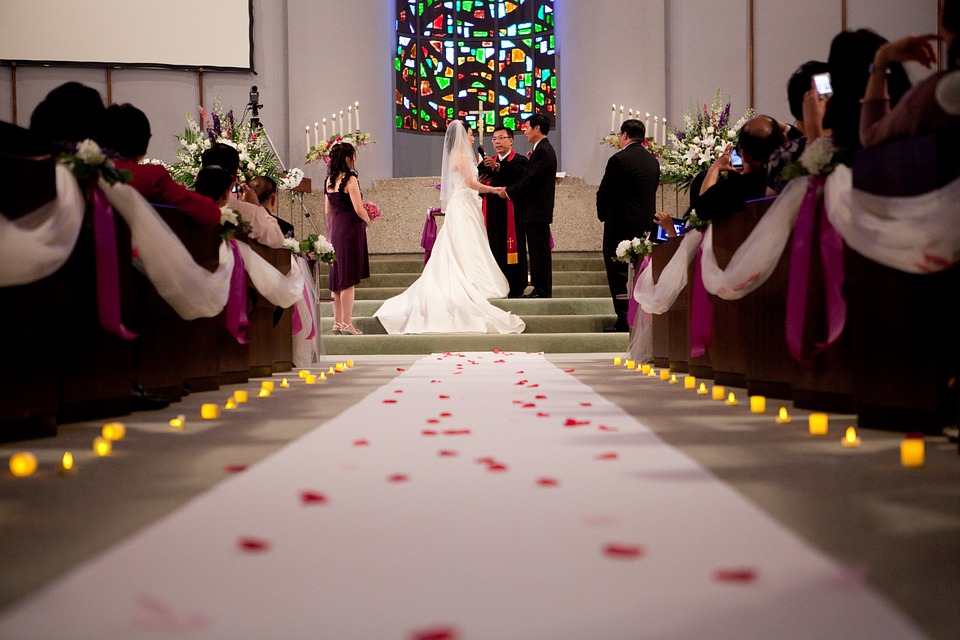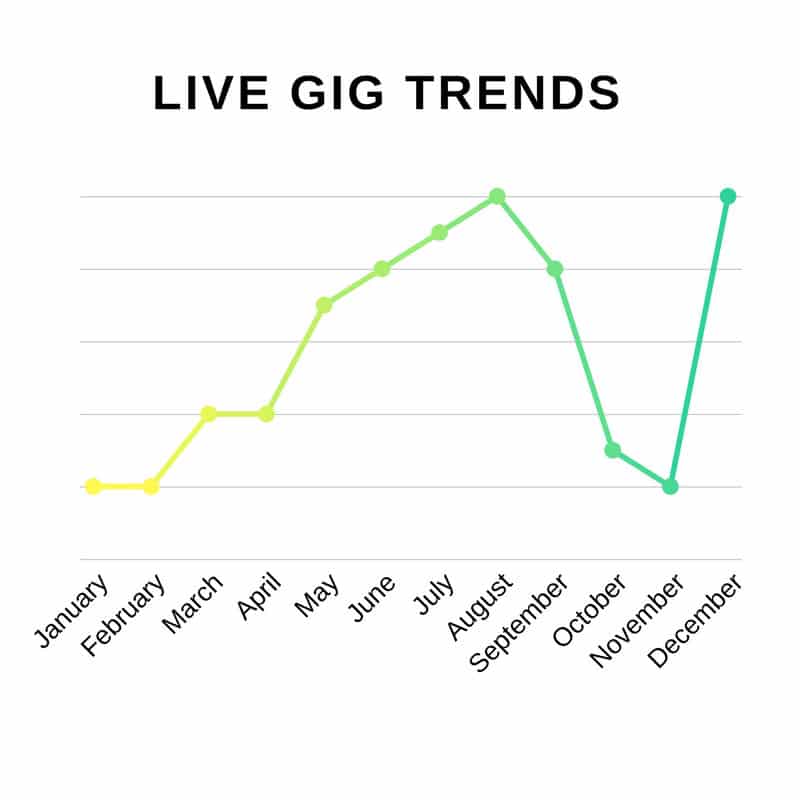Life as a professional musician can leave you vulnerable to many of the same problems that other predominantly self-employed industries face. Chief amongst them will be the seasonal nature of work… you’ll probably find yourself busier at some points of the year than at others.
In this blog, we give you a quick guide to what kinds of enquiries you can expect at various times of the year. Knowing this can help you plan in advance financially, and target your advertising for different points of the year.
Don’t forget, if you play in a function band and want to generate more enquires (and get more gigs!) consider signing up for a listing with lastminutemusicians.com.
January & February
Now, unfortunately, your year as a musician begins with a bit of a slump. January and February are notorious in many sectors for being pretty quiet.
The chief reason for this is the public’s upward trend for spending in December (which we will come to later!) and over the Christmas period.
With many people tightening their belts (and the weather still being quite cold!) few couples will be looking to get married.
As such, the main gigs you are going to be looking to get are less dependent on season or weather – probably birthday parties and other functions.
It depends on the volume of enquiries you get, but you may want to consider dropping your rates or running a special promotion for these months, in order to secure more shows.
At the end of the day, anything you can get during these quieter times of the months is a bonus.
There is one saving grace for January, and this is New Years Eve.
NYE is a great time to pick up a show, as you can charge a premium (much like you would for Christmas and other holidays) and there will generally be lots of people and venues looking for live music to see in the New Year.
Getting a good show on NYE is essential for surviving a quiet January!
Consider other avenues of making cash, like private instrumental lessons or recording session work, to maximize your revenue stream in January.
This is also a great opportunity to expand and improve your band’s repertoire for the year to come, and put out advertising for gigs in the summer.

March & April
As the public starts to recover from the heavy Christmas spending, you’ll hopefully see a small increase in shows for this time of year.
Don’t expect to be majorly busy, but you may be able to pick up the odd early wedding for couples who are looking to save cash.
Look to advertise for birthday parties, anniversaries and other functions.
May, June, July & August
These months are going to be your bread and butter as a function player.
The Warmer weather brings with it a whole host of potential bookings, but we’ll discuss the most obvious one: Weddings.
Weddings are a brilliant way to make money as a musician.
It is pretty much public knowledge that weddings are going to cost a reasonable amount of cash, and so people save up in advance and get financial help from relatives to secure a healthy budget for the big day.
Couple this with the desire to make the event the best it can possibly be without doing it “on the cheap”, and this means that there is usually a reasonable part of the budget set aside for entertainment.

While all of this may sound brilliant, there is a second reason musicians charge a premium for weddings and that is that they can be extremely stressful.
From the initial organisation, musicians playing weddings are going to encounter much more pressure than at other events.
You may encounter wedding planners or events managers that are going to want to be incredibly specific with timings and therefore may leave you precious little time for anything unexpected.
The best way to combat this is to ensure that you have adequate set up time (or as much as possible!) built into the schedule and, to the best of your ability, ensure that your equipment is serviced and reliable.
Weddings are notorious events for running late and behind. Often, you may have to hang around for hours before performing or deal with delays in setting up. While it doesn’t happen every time, there are some managers or planners that will try and use the band set up time as a way to claw back those lost minutes or hours.
This can be a very tricky situation to manage! As a rule, always be polite and courteous, but don’t agree to anything completely unreasonable or compromising – “We’ll be as quick as we can, but we will really struggle to get anything set up in less than X amount of time” is usually a good way to approach it.
If the wedding is running behind, see if there is another area near the stage that you can load gear into and begin to set up smaller bits of kit in preparation.There are three main points of the day that you could be asked to play at for a wedding, and they each present their own challenges:
The ceremony/ walking down the isle
It doesn’t take a genius to work out why this could be stressful!
A room full of friends and family in hushed silence; a very formal and personal moment… the last thing you want is any mistakes!
Work with the happy couple or wedding planner to decide what music they would like to have played and when, then you can practice it accordingly.

Drinks reception
While obviously less pressure than the ceremony, the main problem you could encounter here is selecting the right volume.
In this scenario, you may not be the focus of attention as a lot of people will want to let of some steam and chat about the ceremony.
Work with the staff on hand to ensure a suitable volume, and try to establish in advance if they are looking for a full-on performance or background music to contribute to the atmosphere.
The evening entertainment
While playing at weddings can be tremendous fun, you must first get past one of the more stressful times of the evening – the first dance.
Some weddings will be more casual, and consider this a bit of a formality that needs to be moved past… others will take it more seriously.
Always take the temperature of the room in this respect and find out if the Bride and Groom want their guests inviting on to the dance floor after a certain length of time.
September
While you may experience a slight dip in shows at this time of the year, you will hopefully continue to pick up the last weddings of the peak season.
Another type of show that may be popular throughout the warmer months is the company summer party.
Quite often, both big and small companies will chose to have events over the summer and into September.
This can be anything from major product launches, to just a fun get together to let employees blow off some steam or team building events.
October & November
These are months where your work may experience another slump.
Generally speaking, both companies and individuals are looking to tighten their belts and save money for December. Speaking of which…
December
This should be a bumper month for most function musicians!
The main aim of the game is corporate events and office parties, as it is by far the most popular time of the year for corporations (large and small) to book live entertainment.

Remember – the larger the company, the more they will be able to spend, so be intelligent when it comes to sending quotes.
Entertainment Directories (like Last Minute Musicians) or other entertainment agents will be a great place to source corporate gigs.
If you are prepared to work them, days like Christmas and Christmas Eve can also be a brilliant time to pick up premium work. Just remember to take a little time for the family!
To sum up…
Knowing the peak times of the year can help you plan in advance with budgeting both your time and money.
There are also upsides to some of the quieter months – holidays and travel are cheaper in January and February, for instance.
Keep an eye out for bank holidays and other special occasions when people may look to book entertainment. You can even run special promotions for these days!

Do you have any advice for how to maximise income in the quieter months? Any advice for making sure you don’t burn out during stressful times of the year? Post them in the comments below…
Share this:



















